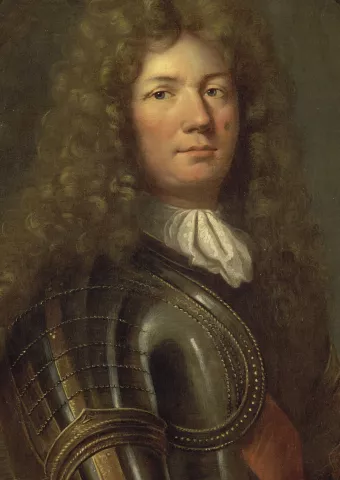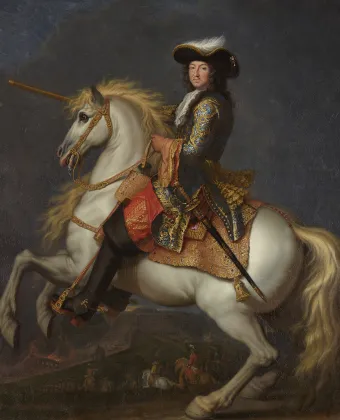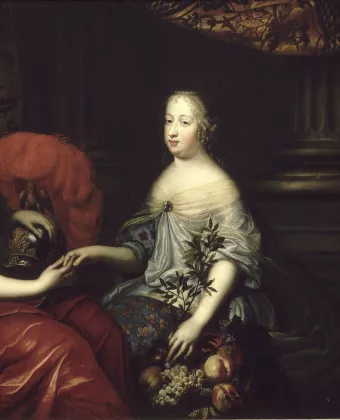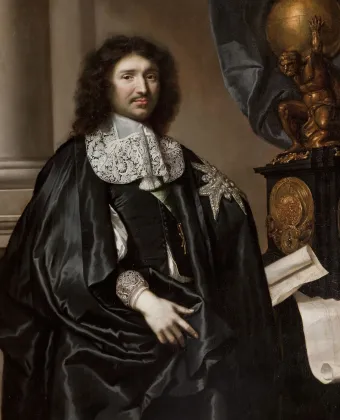Vauban was born into a family of lesser nobility from the Morvan region, and was quick to distinguish himself during the great sieges that punctuated this century of incessant war. From a simple engineer in 1655, he became a specialist in siege warfare and found favour in the eyes of Minister Louvois. His successes during the Franco-Dutch war also won the favour of the King himself, who thereafter bestowed his trust upon him and rewarded him with an exceptional bonus that allowed him to purchase the title of lord of Bazoches.
After becoming Commissioner General of Fortifications in 1678, Vauban accomplished what he had, in his own words, advised in the interest of Louis XIV: “to mark out his territory”. He ensured the kingdom’s protection through the construction of citadels and strongholds, and in particular along the most vulnerable border in the north-east. His great ability to adapt to the local lay of the land enabled him to build unique masterpieces of military architecture, with the stronghold of Neuf-Brisach being one of the finest examples. A theorist of the art of sieges and then of fortifications based on the assembly of concentric compounds, Vauban was at the origin of the engineers’ corps in charge of the Army’s infrastructures, which still works today not far from the Palace of Versailles.
A man who loved to be on the ground and an insatiable traveller, Vauban roamed all over the country between different works projects. He was curious about everything, and sent memos back to the King on a variety of subjects ranging from foreign politics and taxes to the dangers of the revocation of the Edict of Nantes. He was made Maréchal in 1703 and set about gathering together and completing his writings, endeavouring in particular to denounce the great poverty of a people afflicted by war, harsh winters and famine. Despite his criticism, which grew progressively more insistent, Louis XIV nevertheless declared upon his death in 1707: “I have lost a man of great affection for my person and the State”.









